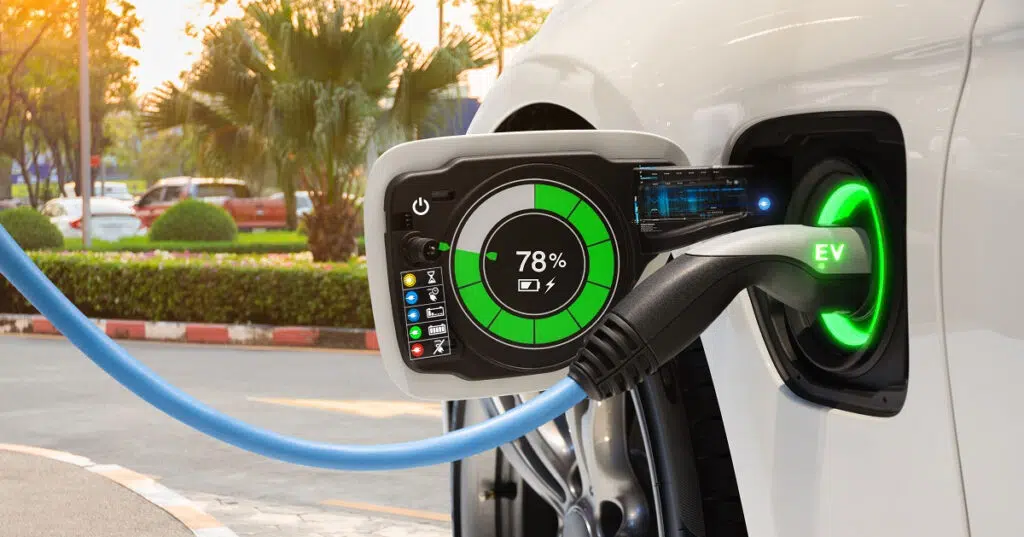
Not Even Massive Government Subsidies Could Save This Ohio Electric Vehicle Maker
Politicians around the world are trying to force motorists to give up their gas-powered cars. Instead, they want us to drive electric vehicles.
The problem is that electric vehicles are not all that popular in the marketplace. At best, electric vehicles are a toy for wealthy people. At worst, these vehicles do not have the range or the performance to justify giving up gas-powered cars.
But this has not stopped governments from throwing money at electric car manufacturers. Despite state subsidies, electric car manufacturer Lordstown Motors has filed for bankruptcy.
The company set up shop at a former General Motors factory. GM had also received massive subsidies from the state of Ohio to keep that factory open until 2039. Despite the subsidies GM closed the factory in 2019 and Ohio took a loss of tens of millions.
Enter electric car startup Lordstown Motors which bought the factory from GM and set up shop.
Reason has what happened next:
Then, in August 2019, Lordstown Motors announced plans to buy the facility and eventually build an all-electric pickup truck. G.M. sold the plant for $20 million and even loaned Lordstown $40 million toward the purchase and renovations (an amount roughly equivalent to the purchase price, plus the amount of taxpayer money that G.M. was allowed to keep).
But G.M. was not the only investor in the project. In December 2020, the Ohio Tax Credit Authority approved a $20 million tax credit for the company. JobsOhio, a private nonprofit development agency that receives funding from state liquor revenues, pledged another $4.5 million.
The extra cash didn’t do much good: In June 2021, Lordstown’s CEO and CFO both resigned amid reports that the company had lied about its preorder numbers. That same month, the company admitted that it did not have enough cash to begin production and may not survive.
Desperate for investment, Lordstown announced in November 2021 that it had sold the factory to Foxconn, an international electronics manufacturer best known for making the iPhone. The following year, Foxconn kicked in an additional $170 million, and in exchange, the two companies would collaborate on a jointly-developed E.V. in addition to Lordstown’s still-unreleased electric truck.
This is yet another example of crony capitalism. The government gave money to a favored company. Once again, the government appears to be taking a massive loss on this.
Governments need to let the market work. It should not subsidize favored industries. This should also serve as a caution to those on the right who favored an increased industrial policy. Markets, not governments, should decide how to give resources and determine what is successful.



